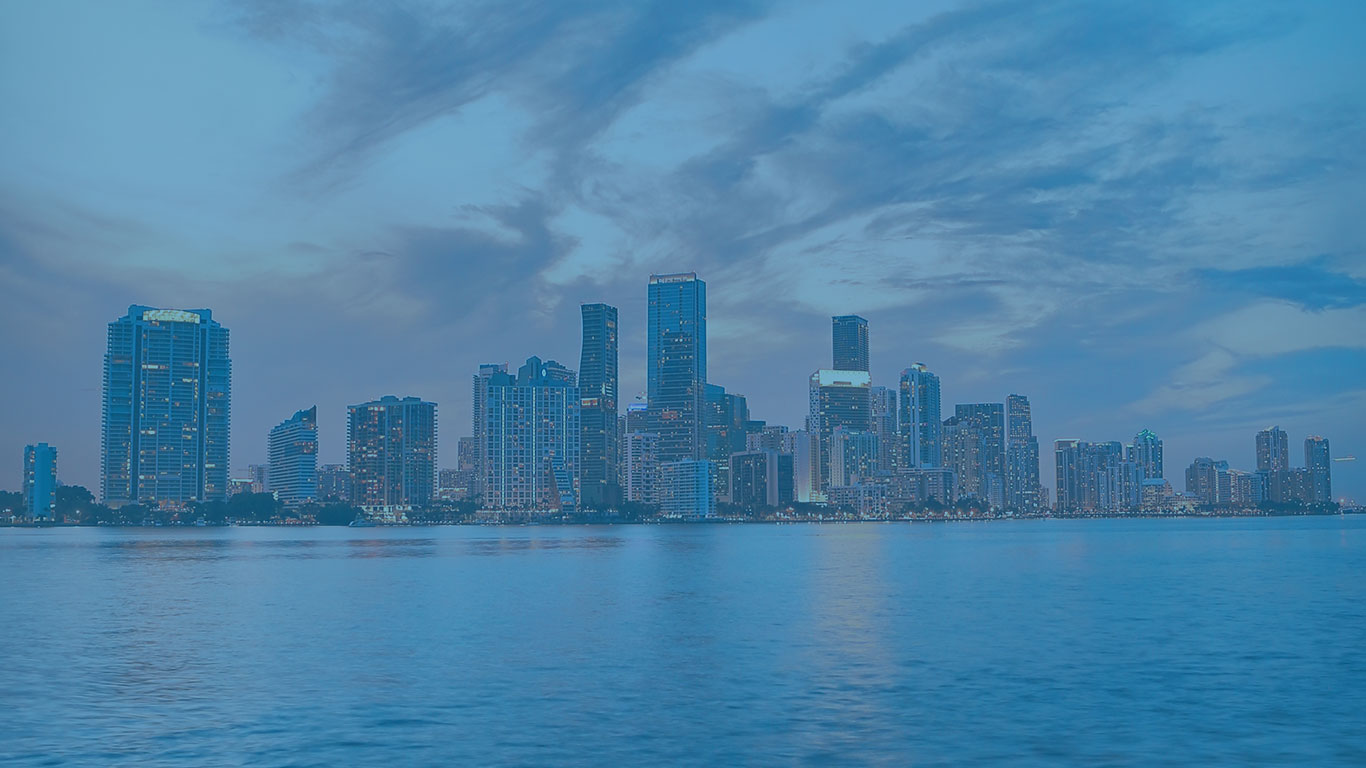

Many people have days of feeling low, but for some, persistent sadness does not go away. It is easy to grab a drink when we feel down, and while it may seem to provide relief, it could make things much worse for someone who suffers from depression. Alcohol could be very harmful to their mental and physical health.
If you or a loved one is struggling with depression and is also drinking, this blog may provide a clearer image of the relationship between the two.
For some people, feelings of sadness or emptiness are persistent enough to start to interfere with their everyday life. There may be a trigger behind this, such as physical health problems, severe or long-term injuries, relationship difficulties, unemployment, genetics, or past trauma. But while life stressors and mental health conditions can cause depression, they can also be caused by drinking habits.
Depression is a mood disorder, which involves negative feelings such as anger, loss, sadness, or emptiness that are resolute, periods of feeling overly happy, or fluctuations between extreme joy and happiness to extreme sadness.
Depression is quite common. According to the National Institute of Mental Health, an estimated 21.0 million adults in the United States had at least one major depressive episode in 2020. Although depressive symptoms vary according to the type, there are common signs that someone may be suffering from it. These include:
It takes a psychological evaluation to diagnose depression and determine its type, as it comes in different forms. While some forms of depression are more severe than others, this mental illness (also known as a mental disorder) can take over a person's life and hinder their ability to sleep, eat, work and have healthy relationships with others.
Some people suffer from persistent depressive disorder or dysthymia, which is when they have symptoms of depression for at least two years that reoccur. In these cases, the symptoms are usually not uniform, but instead, change over time. That means someone could have minor signs for some weeks and months, while other times could be more severe.
Symptoms of persistent depressive disorder include low self-esteem and feelings of worthlessness, insomnia, distressing over decision-making, avoiding socializing, and difficulty concentrating.
A serious type of depression is major depression. Usually, first-degree family members of those who have major depressive disorders have a higher risk of depression than the general population. Even though someone could have a major depressive episode that lasts for six to eight months, major depressive disorder could involve persistent symptoms that are prolonged and can last for a person's whole life.
Another severe form of depression is psychotic depression. This type involves hallucinations, delusions, and paranoia. Psychotic depression can cause someone to hear voices and believe someone wants to harm them, and they may stay awake all night and sleep during the day. Extreme mood swings and big neglect of self-care are also symptoms of psychotic depression.
A lighter form of depression is linked to changes in light that occur due to changing seasons. This is called seasonal affective disorder (SAD) and can cause people to experience depressive symptoms that typically emerge in the fall and may worsen in the winter.
Postpartum depression can occur in mothers after giving birth and include anxiety, trouble sleeping, crying spells, or mood swings.
Another form is bipolar disorder, which involves mood swings from mania or emotional highs to very lows or depression.
Many people have a drink once in a while when they are stressed out, feeling down, or celebrating. Some people may drink alcohol to deal with their sorrows or suppress their feelings after something bad has happened, such as losing a job or going through a bad breakup. But when someone needs that drink whenever a problem appears, it could be a sign of an alcohol problem.
An alcohol use disorder involves a dependency on alcohol, and can also include its abuse. It could come in the form of binge drinking, which is when someone consumes a large amount of alcohol. Binge drinking usually refers to more than five drinks in two hours for men, and more than four drinks in two hours for women. But a person does not have to be alcohol dependent to engage in excessive drinking. Dependency on alcohol can mean drinking habits that do not necessarily have to do with quantity but more with the need for alcohol, even if it is just one sip.
An alcohol use disorder could show in the following ways:
While alcohol can produce emotions like euphoria or enthusiasm and can make people feel instantly happy or confident, a high from drinking alcohol only lasts a short time. Alcohol is a depressant and affects the brain and nervous system function.
The consequences of alcohol abuse are seen in mental and physical health, but can even be fatal. Every day, 385 Americans die as a result of excessive alcohol use.
Alcohol use can make a person experience headaches, nausea or vomiting, fatigue, sensitivity to light and sound, and muscle aches and pains. But long-term use can lead to dependence or alcohol addiction. These affect physical health by:
Heavy drinkers may experience blackouts when they drink. Blackouts are gaps in someone's memory for events that happened while they were under the influence of alcohol. This is especially common if they drink alcohol quickly or on an empty stomach, which leads to a fast rise in the concentration of alcohol in the blood and a temporary block of the transfer of memories from short to long-term storage in the brain occurs.
Alcohol use is associated with mental health in many ways. Regardless of a person's mood, chemical changes that happen in the brain due to alcohol can lead to negative feelings, such as anger, depression, or anxiety. Alcohol also slows done the way in which the brain processes information, which makes it more challenging to figure out what a person is feeling and to understand the consequences of their actions.
Other mental health effects include:
Apart from physical and mental health issues, alcohol use also places a person and those around them at risk in terms of behavior. Depending on the amount of alcohol consumed, uninhibited behavior and a lack of judgment caused by alcohol increase the risk for unintentional injuries like car accidents, falling, drowning, or firearm injuries.
It can also lead to an increase in aggression and violence, often associated with child and partner abuse, homicide, and suicide.
There is a strong correlation between mental health, mental disorders, and substance abuse.
In the case of major depressive disorder, people with an alcohol use disorder are 3.7 times more likely to have it. The question is, are those suffering from depression more prone to alcohol abuse, or does alcohol abuse lead to depression?
It seems that it could go both ways. A person could drink too much, engage in binge drinking, or drink regularly and excessively which causes them to feel depressed. But they could also drink to relieve anxiety or depression. Whichever way one looks at it, alcohol affects our brain chemistry, and thereby automatically increases the risk factors involved with depression.
Persistent depressive disorder increases a person's chances of developing a substance use disorder greatly, and usually, the more alcohol someone consumes, the stronger their dependency becomes. In an attempt to cope with mental health symptoms, many people drink to achieve a sense of calm. Unfortunately, the sense of calm is temporary, and mental health symptoms easily get worse once alcohol is out of the system and withdrawal symptoms are beginning.
Co-occurring alcohol and depression disorders can have devastating effects on physical and emotional health and can hurt relationships with loved ones. A child who has major depression may drink earlier in life, leading to the consequences of both alcohol and depression worsening over time.
While it is common for people with major depression to also have alcohol dependence or alcohol problems, the same is true the other way around. Drinking alcohol persistently or excessively increases the chances of someone developing major depressive disorder, especially for those who are genetically vulnerable to depressive disorders. But it can also aggregate a pre-existing or underlying depression, endangering their health.
Alcohol and depression seem to be feeding off of one another. This means that each makes the other's side effects worse, and may prolong any chances of overcoming a disorder.
For example, alcohol dependence is closely tied to the persistence of depressive disorders, and a person taking anti-depressants can reduce their efficiency by taking alcohol. Those trying to reduce alcohol consumption may also be at higher risk for relapse due to some antidepressants.
Another example is impulse behavior when under the influence. When someone drinks too much, they are more likely to make bad decisions or act on impulse. They can easily ruin a relationship, drain a bank account or lose a job, and when that happens, depression can easily kick in or become worse, especially when there is a genetic disposition for it.
Certain factors place a person at a higher risk of experiencing depression disorders and alcohol use disorder at the same time. These include mental health, genetics or family history of depression or substance misuse, history of trauma or abuse, or post-traumatic stress disorder.
Depression and alcohol misuse can continually intertwine as a person takes a depressant to counter a chemical depression. When the initial 'high' of alcohol wears off, it changes brain chemistry for the worse.
With heavy alcohol consumption, the brain's neurotransmitters are altered. Serotonin, which helps balance a person's mood, and dopamine, which controls the brain's reward system will fluctuate quickly and extremely with alcohol consumption. The unusually low or high level of these chemicals triggers depressive symptoms along with other physical and mental health problems.
Self-medicating depression with alcohol is very dangerous. People who are diagnosed with clinical depression should be very careful concerning substances such as alcohol, as it could lead to other mental health problems and increase the risk of suicidal thoughts.
The symptoms of post-alcohol depression can be seen after someone has had a night of heavy drinking, and can include:
While some of these signs may seem similar to hangover symptoms, depression symptoms can be very bad when a person tries to recover from a hangover. Long-term alcohol dependence or use increases depressive symptoms and also lowers a person's inhibitions, which places them in a position where they are prone to act on dangerous or self-harming thoughts. Drug abuse and alcohol abuse are second only to depression as the most frequent suicide risk factor.
It may seem that the relationship between alcohol and depression leaves no space for a solution. But by stopping drinking altogether or reducing the amount of alcohol you consumey, you can improve many depressive symptoms.
Making a rule for oneself to never binge drink can help since binge drinkers are more likely to have symptoms of depression. Alcohol-free days or a few alcohol-free weeks can make a huge difference in someone's symptoms of depression.
However, managing mental illness or something like major depressive disorder is different for every individual. Stopping drinking abruptly or attempting to abstain alone may be difficult and could be dangerous.
As the nature of co-occurring conditions could be complex, it is highly recommended to seek treatment from a rehab center or facility that specializes in alcohol use and depression. This offers a person a safe and effective method of addressing both elements and helps a person to adjust back to normal, daily life after receiving treatment.
Since mental health conditions can be the underlying cause of substance abuse or vice versa, it is best to seek dual diagnosis treatment options. Addressing both conditions improves a person's chances of recovery while reducing their chances of relapsing. Diagnosing an alcohol use disorder and major depression at the same time means consulting with a mental health professional but could also require medical help. Treatment centers offer both medical and mental help.
Alcohol addiction and depression can be treated by cognitive behavioral therapy. This is a kind of psychotherapy essential to the recovery process, during which a person learns how to replace negative thoughts with positive ones, identify triggers for addiction or depression, and how to respond to them differently.
Depression treatment and substance abuse treatment could include medication. Antidepressant medication may be prescribed, or it may be changed by a health professional, while addiction medicine may be used to reduce alcohol cravings.
Usually, alcohol treatment centers and rehabilitation facilities offer support for those suffering from depression or alcohol dependence, as well as for their loved ones. In support group meetings such as Alcoholics Anonymous, a person has the chance to learn and empathize with others who are in the same situation or who have perhaps overcome it.
Some treatment centers also offer aftercare options, which can ensure that a person maintains abstinence or receives continued support after treatment.
At Vita Recovery, we understand that addiction and mental health are different for every person. That is why we provide an individual treatment plan that can address your medical, psychological, emotional, and social needs.
Inpatient and outpatient programs are available at our world-class facility, and we provide support for the whole family.
Vita Recovery can help you start your road to recovery today.
